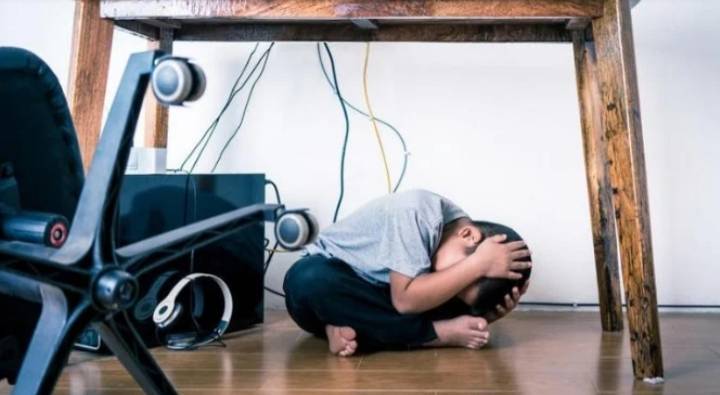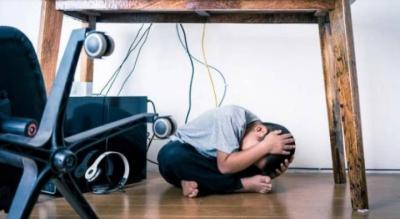The devastating effects of the earthquake that struck southern Turkey and northwestern Syria are appearing day by day from a psychological standpoint, with the latest being the post-earthquake shock affecting children, adolescents, and adults. The impact varies depending on the psychological resilience or immunity they experienced in their daily lives prior to the incident, especially during childhood. Post-earthquake shock can be defined as the condition that occurs in children after a sudden event that threatened their lives, with noticeable effects such as fear, insomnia, nightmares, reliving the event multiple times a day, and an inability to function and be productive like before.
Child psychologist Dr. Nourah Sahli points out that there is an increase in fear, anxiety, sleeplessness, and nightmares in children, particularly as they previously experienced the Beirut port explosion and moved past it, only to face another shocking event that threatened their lives, leading to an excessive resurgence of fear, known as a “relapse.”
In a conversation with MTV, Sahli notes that the earthquake can cause trauma, which can be diagnosed after a month, as the child may revert to reliving the previous event and avoid leaving the house. She emphasizes the importance of parents obtaining accurate information about events and conveying it to their children, noting that children often hear distorted news about the earthquake, which negatively impacts them and heightens their fear. Parents should also be aware of how to interpret events for their children and provide them with correct information, along with teaching them how to behave in case of an earthquake.
She highlights that the approaches to treatment following a traumatic event involve parents being present with their children, reassuring them, and telling them the truth. If parents notice that their children are unable to cope with the prevailing situation — exhibiting symptoms of excessive fear, insomnia, and inability to be productive — they should seek psychological treatment for anxiety and fear, known as cognitive behavioral therapy, which is a method used to help children after the explosion, teaching them relaxation techniques to manage their fear.
Additionally, children can be assisted by not hiding events and truths from them, explaining things so that they do not resort to social media to view distressing images and videos that increase their fear and anxiety. Furthermore, parents should prevent their children from following news and watching shocking videos that they cannot handle, while also teaching them preventative measures and listening to them, helping them understand that their experiences or feelings are normal.
She concludes by stressing the importance of support and help from parents and the surrounding community, discussing the truth and how to address the issue, and seeking treatment when necessary, as this significantly aids in handling trauma.




